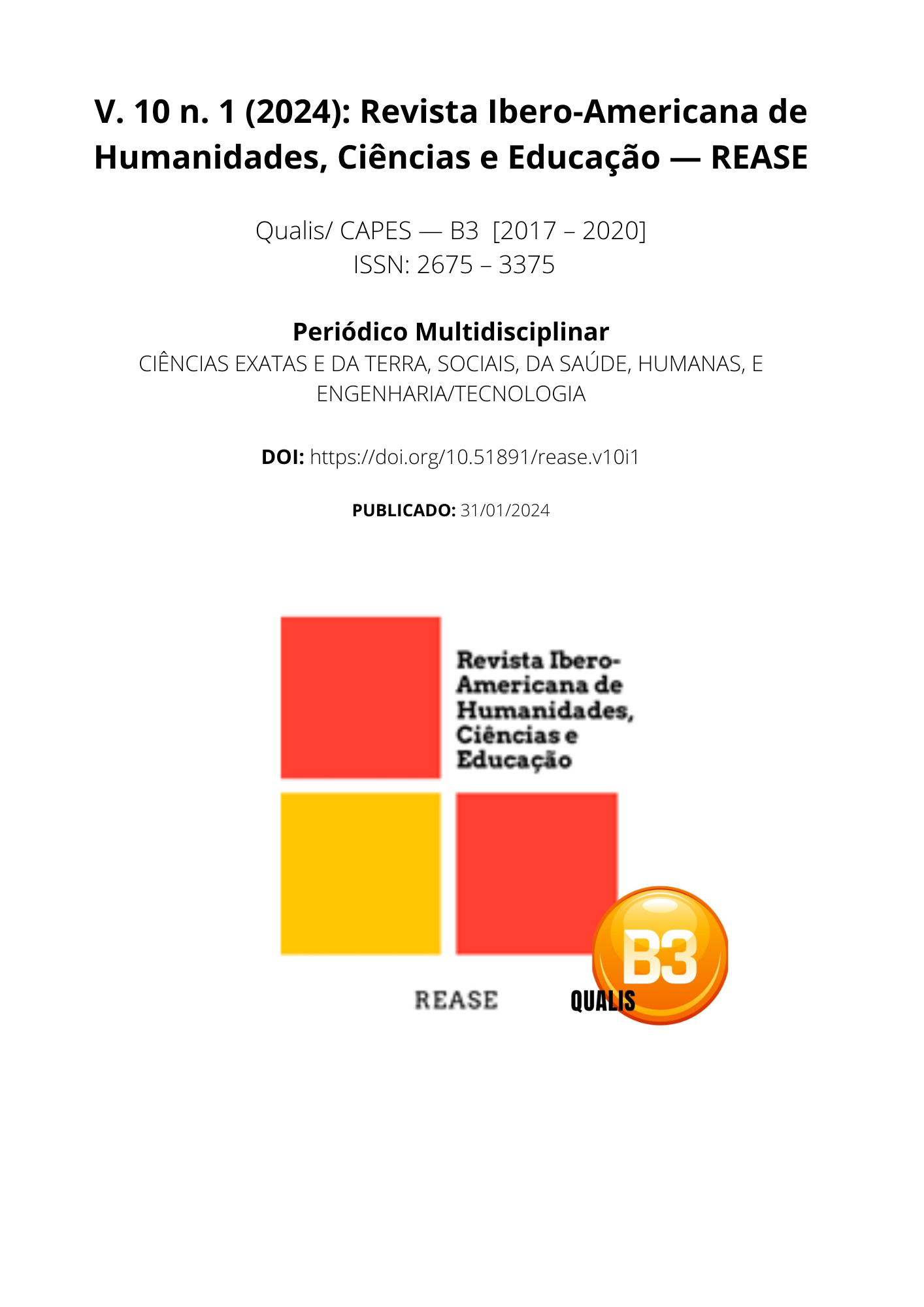JUDICIAL CONTROL IN THE NON-PROSECUTION AGREEMENT
DOI:
https://doi.org/10.51891/rease.v10i1.8444Keywords:
: Non-prosecution agreement. Discretion. judicial control. Subjective public right. Right to movement.Abstract
The purpose of this article is to examine whether the reasons put forth by both doctrine and case law that question the Judiciary's ability to exercise judicial oversight when the investigated party invokes the non-prosecution agreement (ANPP) are consistent with the precepts of the Federal Constitution and the international human rights treaties ratified by Brazil. To approach the subject, this article will provide a general analysis of the ANPP. Subsequently, it will present the majority view, followed by an examination of the arguments proposed by the minority doctrine regarding the defendant's subjective right to the ANPP. This includes judicial control through invocation, especially in cases of arbitrary interpretations by the Public Prosecutor's Office. To achieve this goal, we will utilize the deductive approach along with bibliographic and documentary analysis, examining case law, scholarly works, legislation, and published scientific articles. In conclusion, it can be determined that the ANPP grants the investigated party a subjective public right, and that judicial oversight of the agreement is feasible. Any interpretation that contradicts this notion would constitute a violation of both the Federal Constitution and the American Convention on Human Rights, to which Brazil has pledged to adhere.
Downloads
Downloads
Published
How to Cite
Issue
Section
Categories
License
Atribuição CC BY

